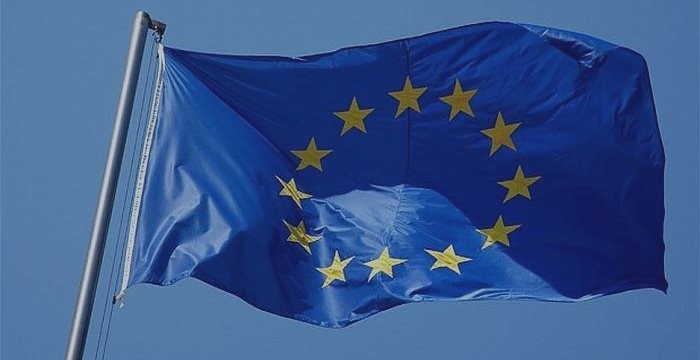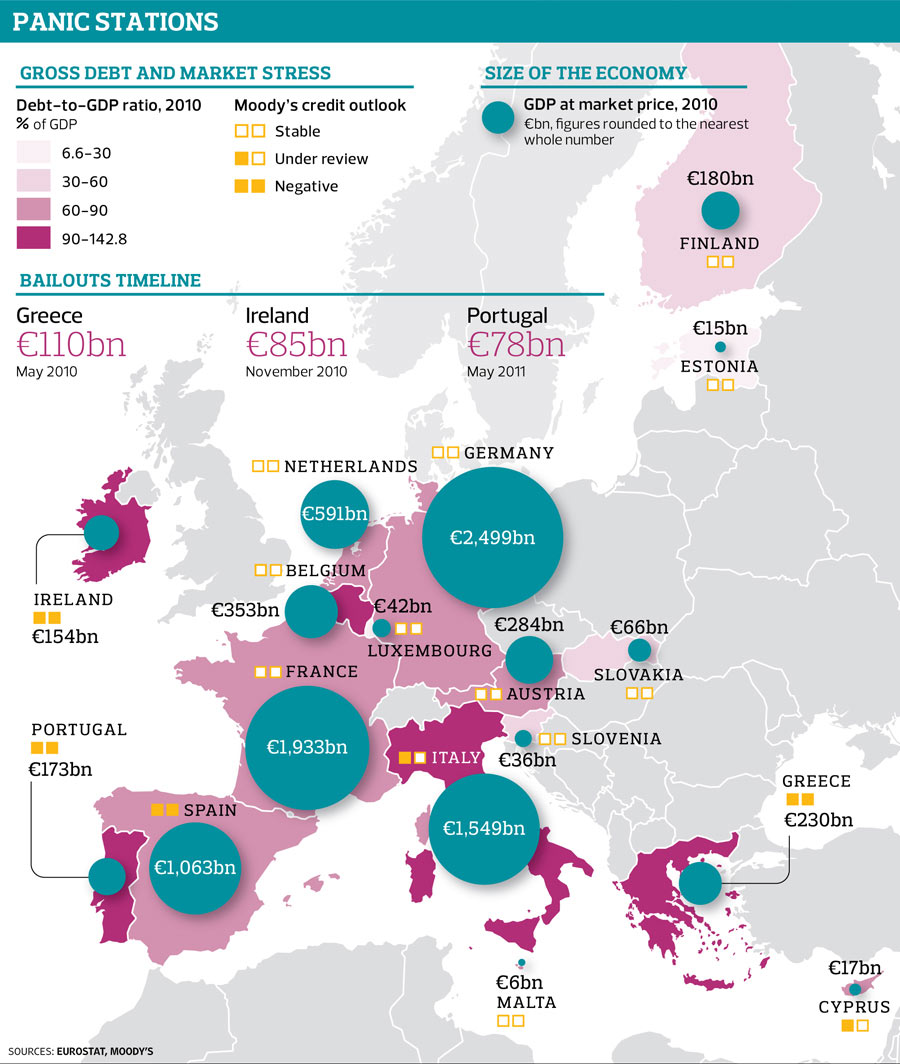From Callum Newman in Albert Park:
--As it all stands today, the idea that the current arrangements are a ‘rescue plan’ for Greece is far fetched, to say the least. Greece has already been rescued, but in much the same way James Caan was rescued in the movie Misery. Turns out the attending nurse is a kneecap breaking psychopath. --Greece has endured seven years of depression so far. And apparently, doing the same thing they’ve been doing — which is what Europe and Syriza’s policies amount to right now — is going to lead to a different result. Einstein had a definition for that type of thinking: he called it insanity. --The fact is the thing is in shambles on both sides. Greece does itself no favours when they have a government who needs money and a people who don’t want to pay any tax. I’m no fan of taxes, but when half the economy is on the government payroll, somebody has to foot the bill. --The Wall Street Journal reported this week that at the end of 2014, Greeks owed the government roughly €76 billion. The government might be lucky to get nine billion of that. It has the highest tax revenue shortfall amongst industrialised nations. --The IMF and the previous administration actually identified one way to raise money for the Greek government. They put their plan, called the Enfia, into place. It’s an annual levy on private property. 80% of Greeks own real estate. --The WSJ reports that it led to ‘a sevenfold increase from 2009 levels in collection last year, to €3.5 billion’. Before it came to power, Syriza campaigned on abolishing this tax. The Greeks voted for it in droves. --That’s the funny thing about a real estate tax. You can’t hide Greek real estate in Switzerland, where apparently most of the Greek economy goes to hide. And yet a government facing an acute shortfall in funding decided to abolish the one thing it could control absolutely. --This is the same government that argues, at least according to theWSJ, that ‘The country’s debt crisis could be largely resolved if the government just cracked down on tax evasion.’ --I find this most interesting in the context of the fawning profiles written on Greek’s new Finance Minister, Yanis Varoufakis. Apparently, he’s a student of Keynes, Marx, game theory and the catwalks of Paris. But the most blindingly obvious solution — already in place and already working — apparently escapes him. Or he endorsed abolishing the Enfia as a genuinely good idea. --But of course abolishing the tax is about politics, not economics. It had to go for Syriza to get into power. Then they can follow their pet fantasy that they can write their debts off and keep the euro. --Unfortunately, you can’t have both. Germany writes the rules of the Eurozone, and Germany isn’t budging. So, of course, Syriza is backing down on the ‘radical’ platform it campaigned on. That means it gets to keep the euro and the depressionary unemployment. --Greeks only have to look over the waters of the Aegean Sea to their old rival Turkey to see the good fortune of not being accepted into the Eurozone. Turkey retains complete discretion over its monetary and fiscal policy because it controls its currency, the lira. Turkey’s weathered the global financial crisis relatively well. --Perhaps the greatest irony is the fact that Germany benefits most from the Eurozone, and not Greece. The European Union is primarily a political project, but in the realm of economics, the Eurozone is a free trade zone (at least, one in this day and age). --As geopolitical analyst George Friedman points out in his new book,Flashpoints, Germany exports 30–40% of its GDP. Most of these go to the other European countries. If the Eurozone cracks up, the German economic model cracks up too. But 18% of Greek GDP comes from tourism. A hellishly cheap drachma works better serving up drinks and beaches than a strong euro. --The underlying problem with Europe is the same as it’s always been: you can’t have a monetary union without a fiscal union. The Greek economy is very different from the German economy, and no amount of negotiations will change that fact. This has lasted seven years already. I’m not sure how the next seven could be any different unless something truly substantial happens, despite the ‘rescue’ plan. Regards, Callum Newman+ |




